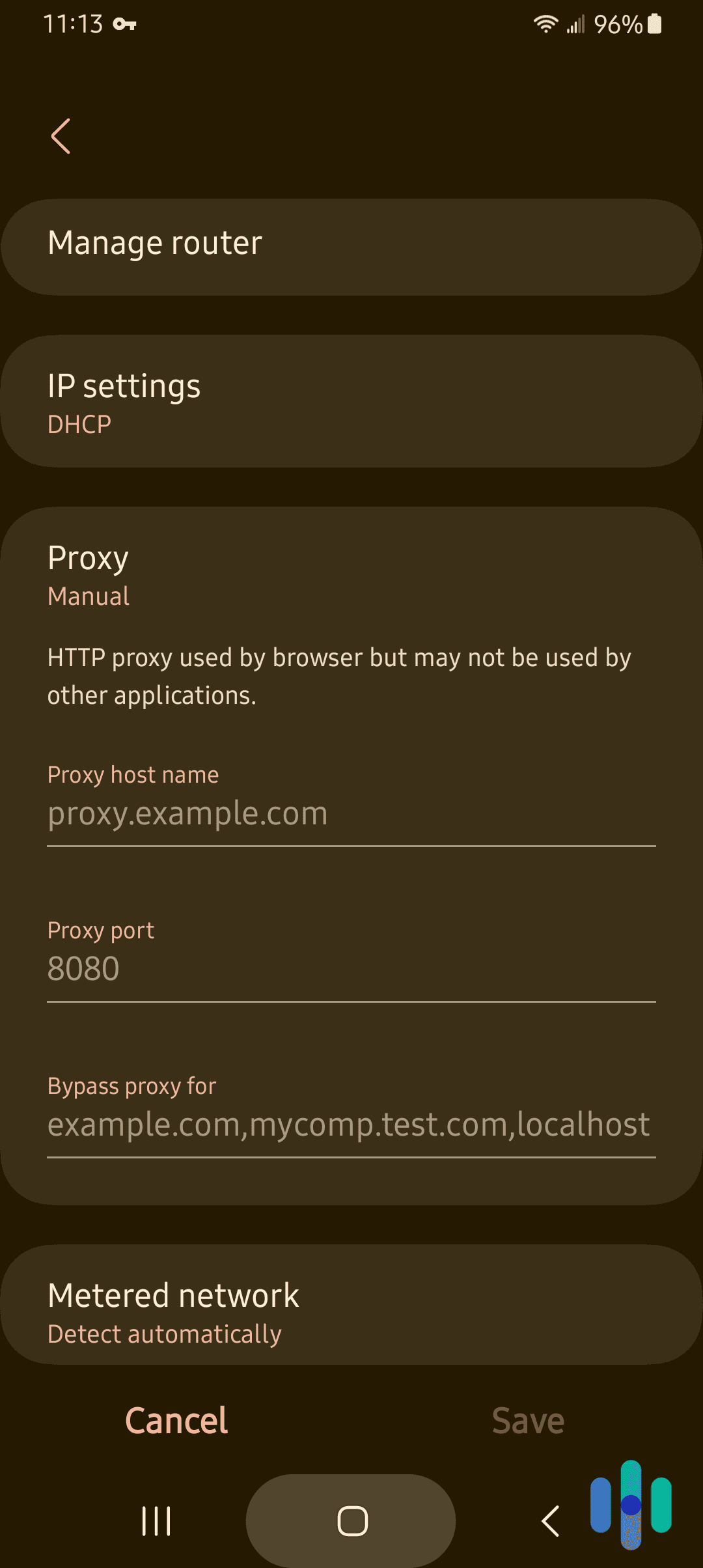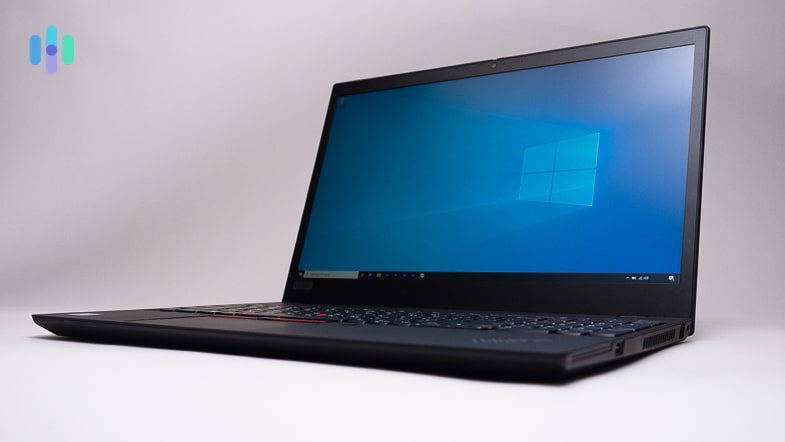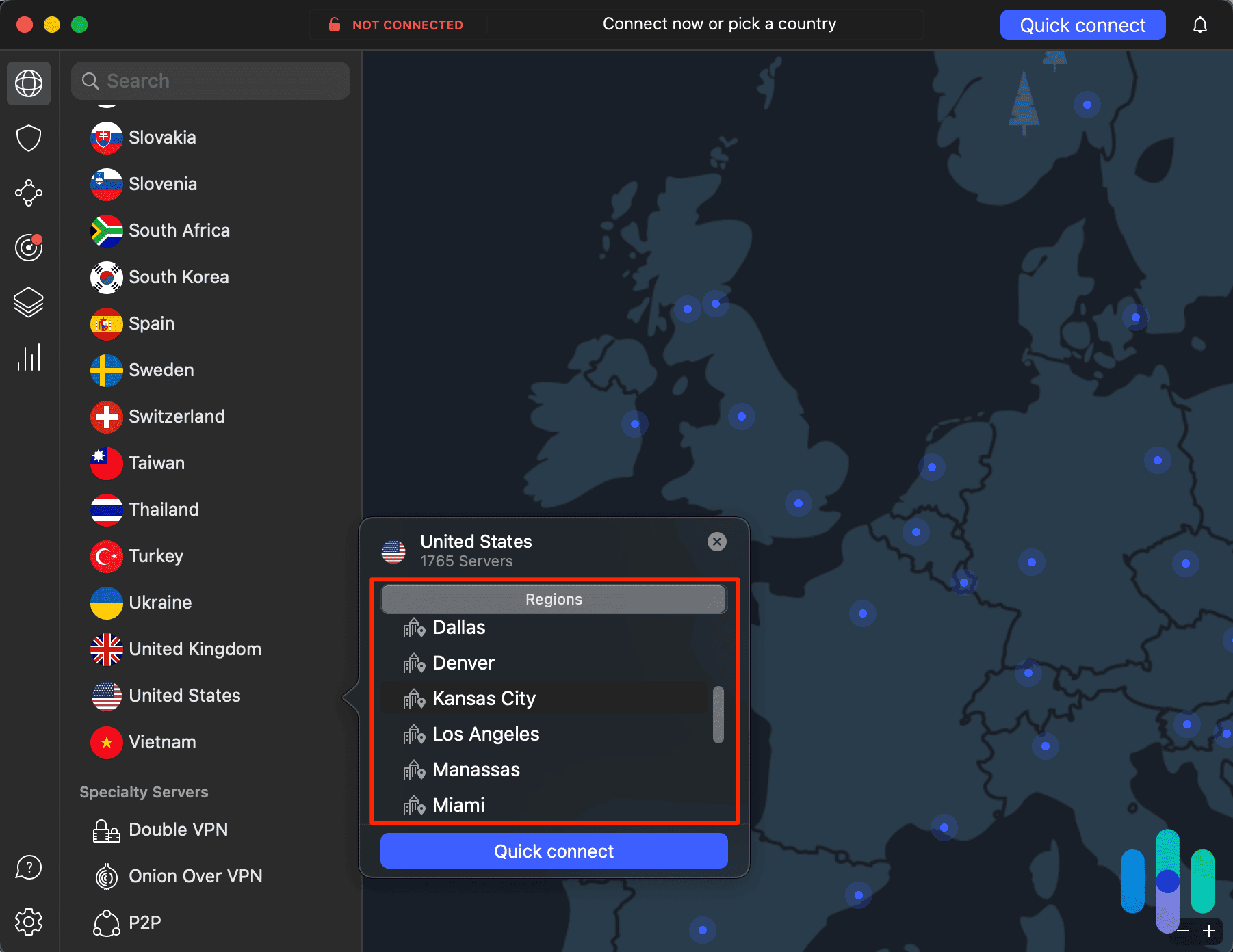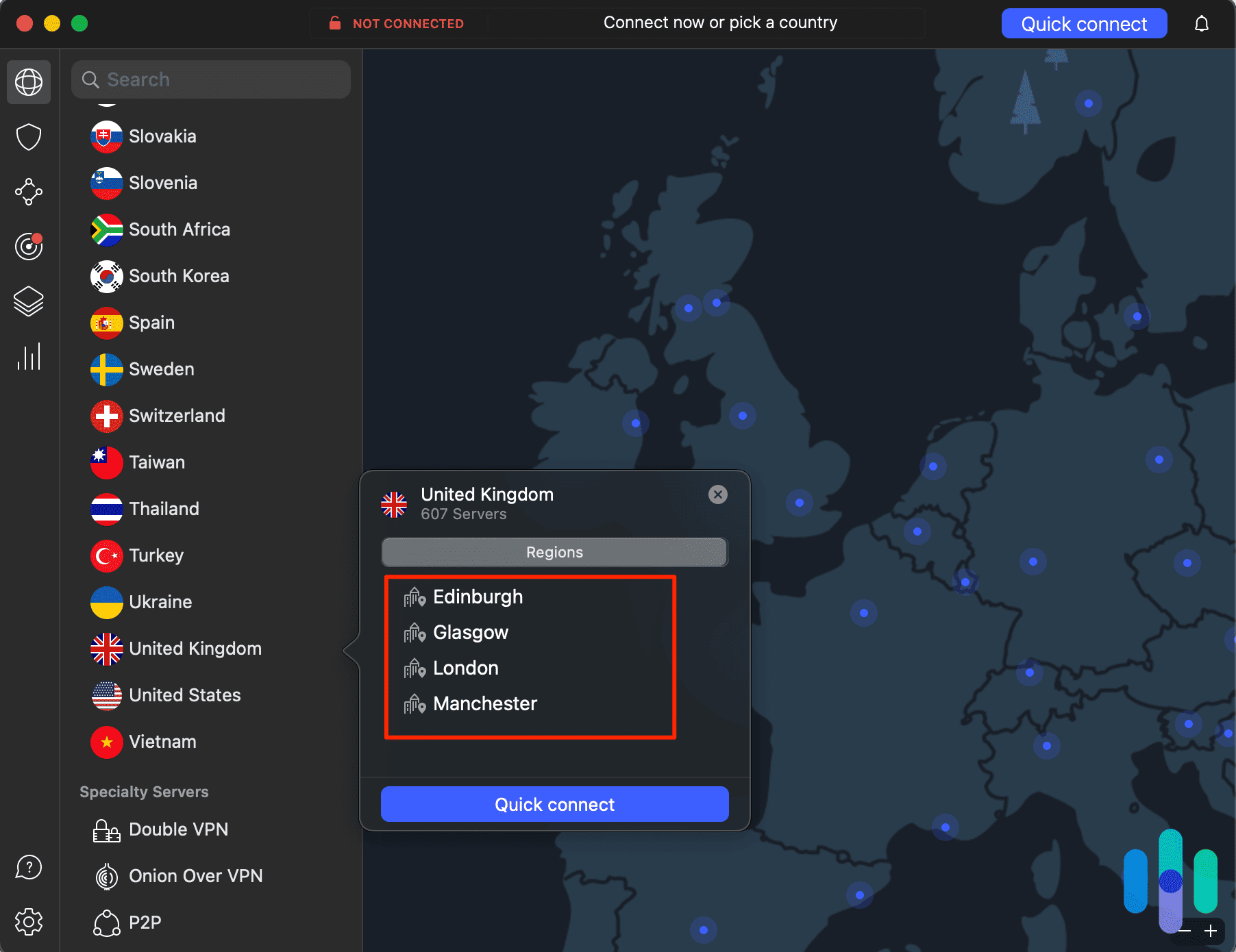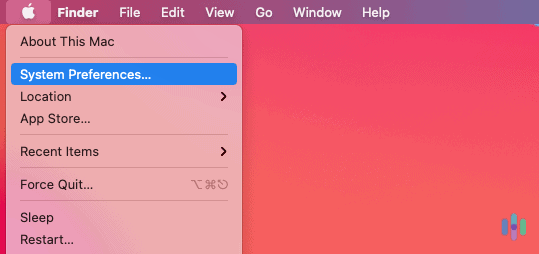The networking world is full of jargon only experts can understand, but sometimes, knowing those networking terms can be the difference between a good and bad online experience. Today, we’ll talk about static and dynamic IP addresses.
Your IP address is the digital equivalent of a home address. It’s a unique string of four numbers from zero to 255. The internet uses it to locate your device so that you can access websites, download files, and connect to other internet users. But does it really matter if you have a static or dynamic IP address? The answer is yes, and you’ll learn why later on.
Static vs. Dynamic IP Addresses
First, let’s define our terms.
What Is a Static IP Address?
A static IP address is an IP address that doesn’t change. Going back to the physical address analogy, if you have a static IP address within a network, it becomes your permanent address. Anytime you connect to that network, you get the same IP address.
Pros
- They have better DNS support.
- They work well with VPNs.
- They’re better for anything requiring VoIP protocol, like video chat.
- They’re more reliable for geolocation services, like changing your location on Tinder.
Cons
- They’re more hackable than dynamic IP addresses.
- They cost more than dynamic IP addresses.
- They make users easier to locate.
What Is a Dynamic IP Address?
The opposite of a static IP address is an IP address that changes – a dynamic IP address. With dynamic IP addresses, your IP address could change either at certain intervals or when you disconnect and reconnect to a network. For example, if your IP address within your home Wi-Fi network now is 1.1.1.1, it might change to 1.1.1.2 after 36 hours of being connected or when you disconnect and reconnect. In a local network, dynamic IP addresses are assigned by a Dynamic Host Configuration Protocol (DHCP) server.
Pros
- They make it harder for anyone to follow you around online.
- There’s no need to enter an IP address manually.
- They’re more affordable than static IP addresses.
Cons
- Websites won’t necessarily be able to fill in your information automatically.
- They don’t work well with DNS web servers.
- Geolocation data may not be accurate.
Similarities
Both static and dynamic IP addresses show your location, but just your region and ZIP code. If you’re wondering what someone can do with your IP address, know that without your personally identifiable information, they can’t do much.
Differences
While static IP addresses remain the same, dynamic addresses change. Additionally, static addresses are created manually, while dynamic addresses are typically assigned by a DHCP.
You’ll commonly find the terms static and dynamic IP addresses in VPNs. The main difference between a static VPN and dynamic VPN is that with a static VPN, you’ll get the same IP address when you connect to a particular server. With a dynamic VPN, the IP addresses assigned to you by the server will change every time you start a new session.
When They’re Needed
Static IP addresses are not usually necessary, except with websites that need to remember your IP address.1 In most cases, dynamic IP addresses make more sense.
» Further Info: Read How To Get a US IP Address
Which Is Best for You
While static IP addresses are better for businesses with their own websites and internet services, dynamic addresses are better for consumers using the internet for personal reasons.2
How to Get Static vs. Dynamic IP Addresses
To get a static IP address, you’ll need to enter it manually in your device’s settings. With dynamic IP addresses, you don’t need to take any action, as they’re assigned automatically. Most VPNs, for example, will change your IP address every time you connect to a server.
Your private information
My IP Address
IP:
Loading…
Status:
Unprotected
My IP Information
Internet provider:
Loading…
City:
Loading…
Region/ State:
Loading…
Browser name:
Loading…
Browser version:
Loading…
Device brand:
Loading…
Device type:
Loading…
Latitude:
Loading…
Longitude:
Loading…
Postal code:
Loading…
Static vs. Dynamic IP Addresses In VPNs
Outside of our device’s network configuration menu, we most commonly see dynamic and static IP addresses in VPNs. As you probably know, a VPN changes your IP address. That’s one of its core functions. Some VPNs provide dynamic IP addresses, others provide static ones. What’s the difference?
- Static IP address: Whenever you connect to a server in a certain location, you get the same IP address.
- Dynamic IP address: You get a new IP address every time you connect to the VPN, even if you’re connecting to a location you’ve used before.
Most VPNs we’ve tested offer dynamic IP addresses, which is a good thing because they are harder to follow around. However, static IP addresses can be useful too; for example, for things like torrenting and P2P file sharing. Very few VPNs offer static IP addresses, and sometimes, you might have to pay extra to access a static IP address.
Pro Tip: If you’re looking to get a VPN with static IP addresses, look for VPNs that offer dedicated IP addresses. Dedicated IP addresses are a type of static IP addresses.
All About IP Addresses
Now, let’s take a step back and talk about IP addresses in general, from what they are to how to find and change them.
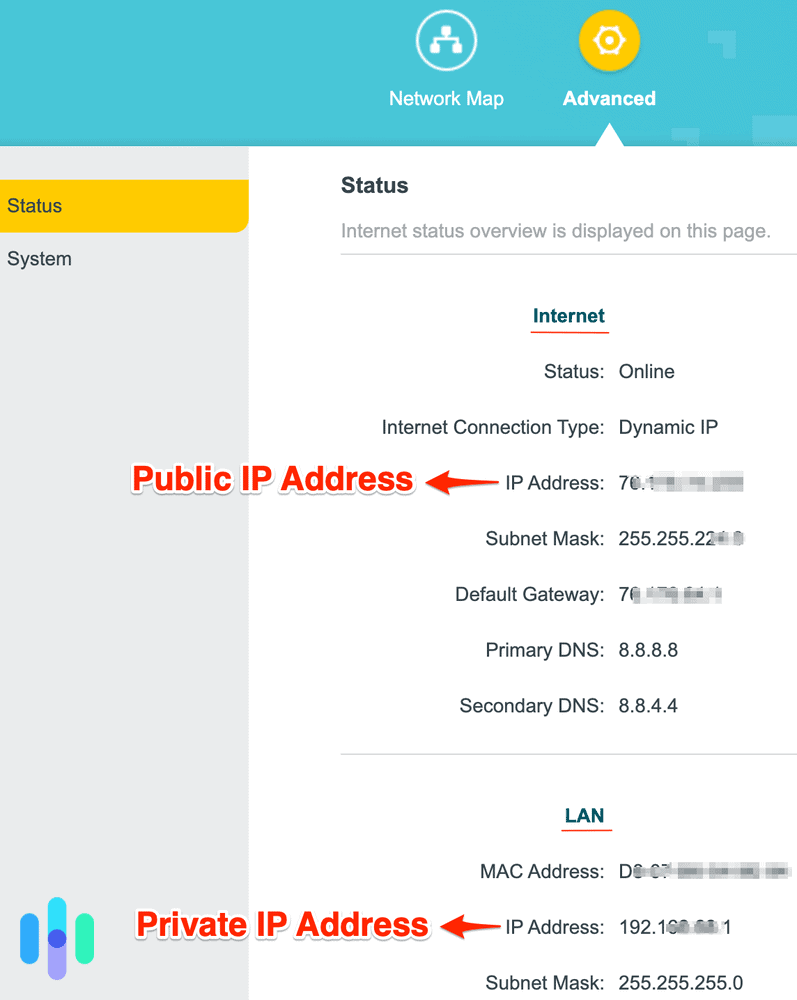
What Is an IP Address?
An IP address is an Internet Protocol address, or a device’s identifying number. IP addresses are associated with a network or the devices on a network, letting devices communicate in and out of the network. Since IP addresses reveal the device’s region and ZIP code, hackers can use them to track users’ physical locations.
» Learn more: How Can You Get a UK IP Address?
How Can I See Which Type of IP Address I Have?
How to see which type of IP address you have depends on your operating system. Once you find your IP address, restart your computer and look again to see if it changed or not. If it’s the same, it’s static. If it changed, it’s dynamic.
However, the first step is to find your original IP address.
TIP: To find your IP address without using your settings, use our IP address lookup tool.
To find your IP address on a Mac:
- Open the System Settings…
- Select Network.
- Select your Wi-Fi network.
- Click Details…
- Your internal IP address should then be listed.
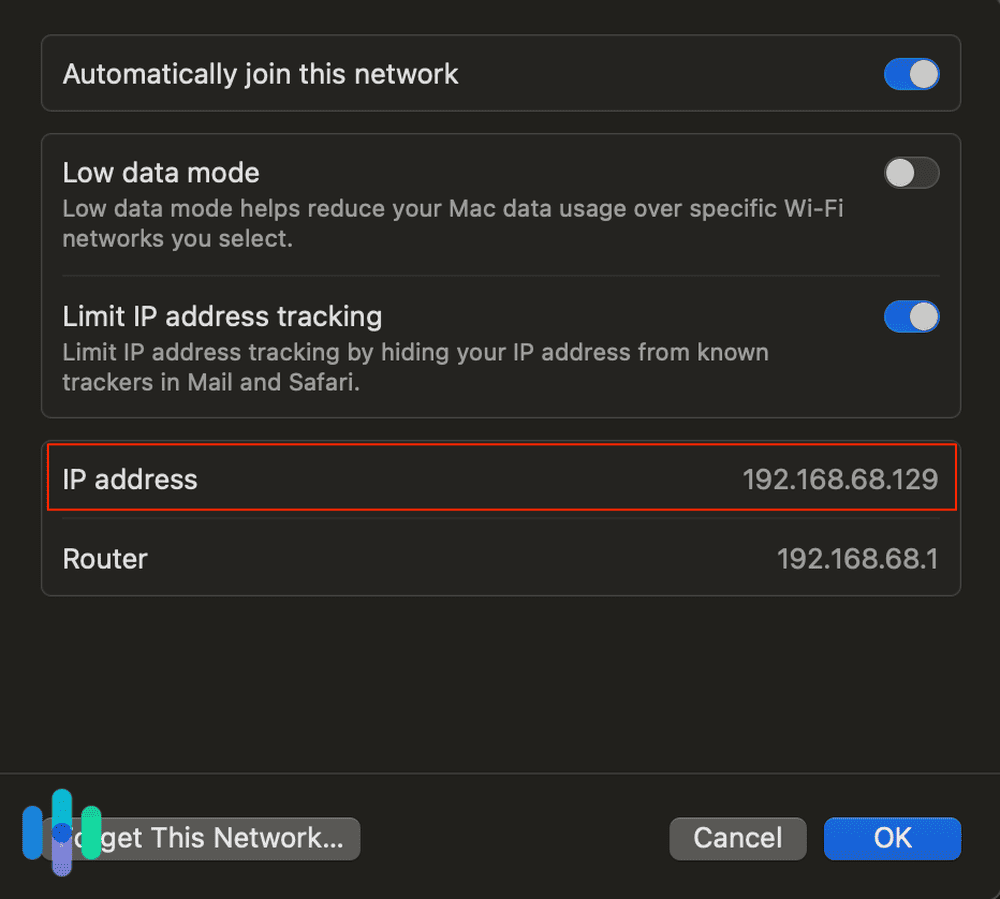
To find your IP address on Windows 11:
- Click on the Taskbar.
- Click Wi-Fi Network.
- Click Select Network.
- Select Properties.
- Look under IPv4 Address for your IP Address.
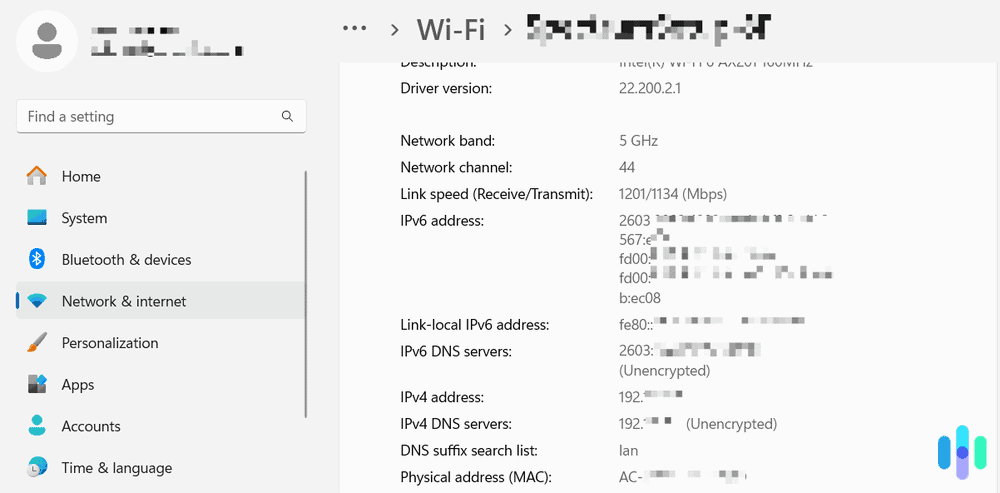
Android
To find your IP address on an Android:
- Click “Settings.”
- Click “About.”
- Select “Status.”
- Select “IP Address.”
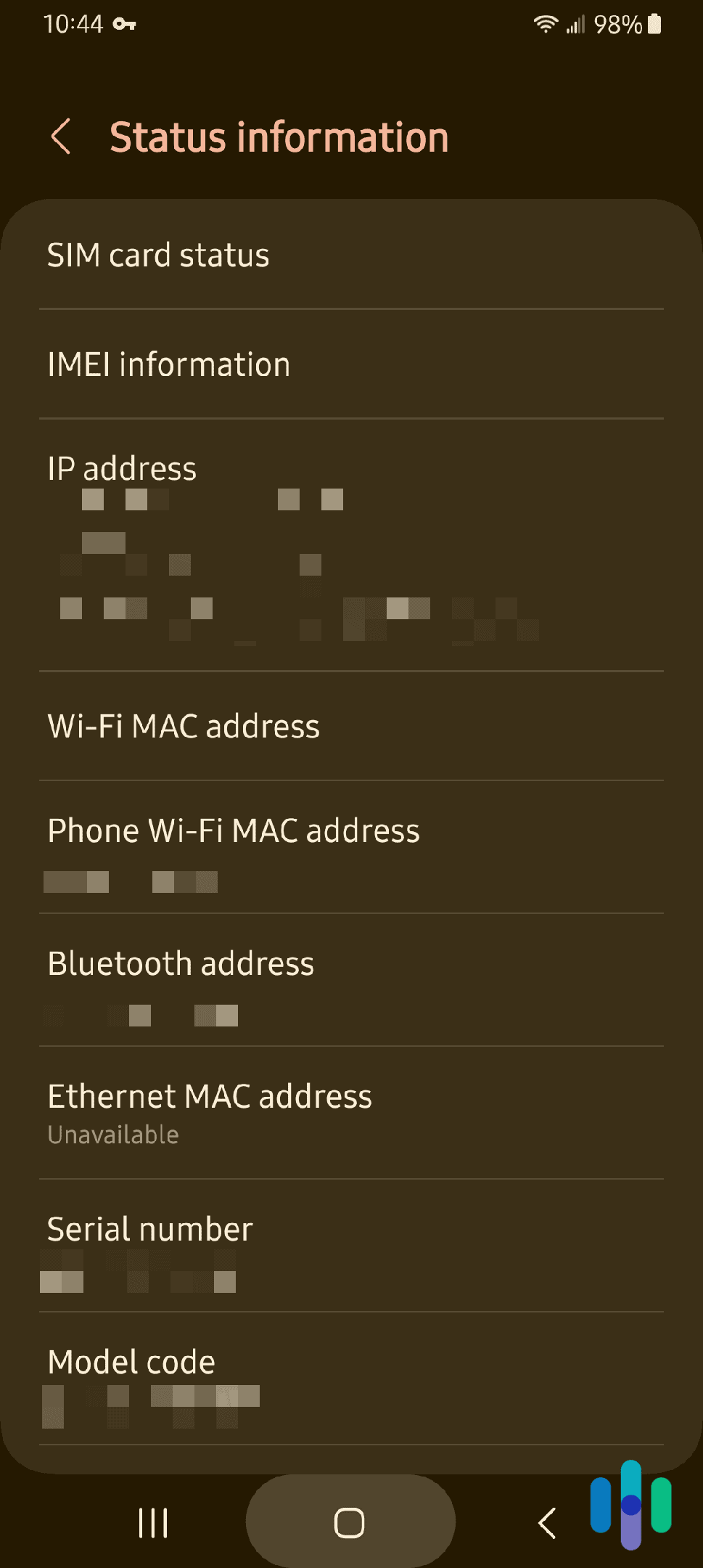
Finally, to see your iPhone’s IP address:
- Open Settings.
- Click Wi-Fi.
- Under the lowercase i, click Network.
- You’ll find your IP address under IPv4 Address.
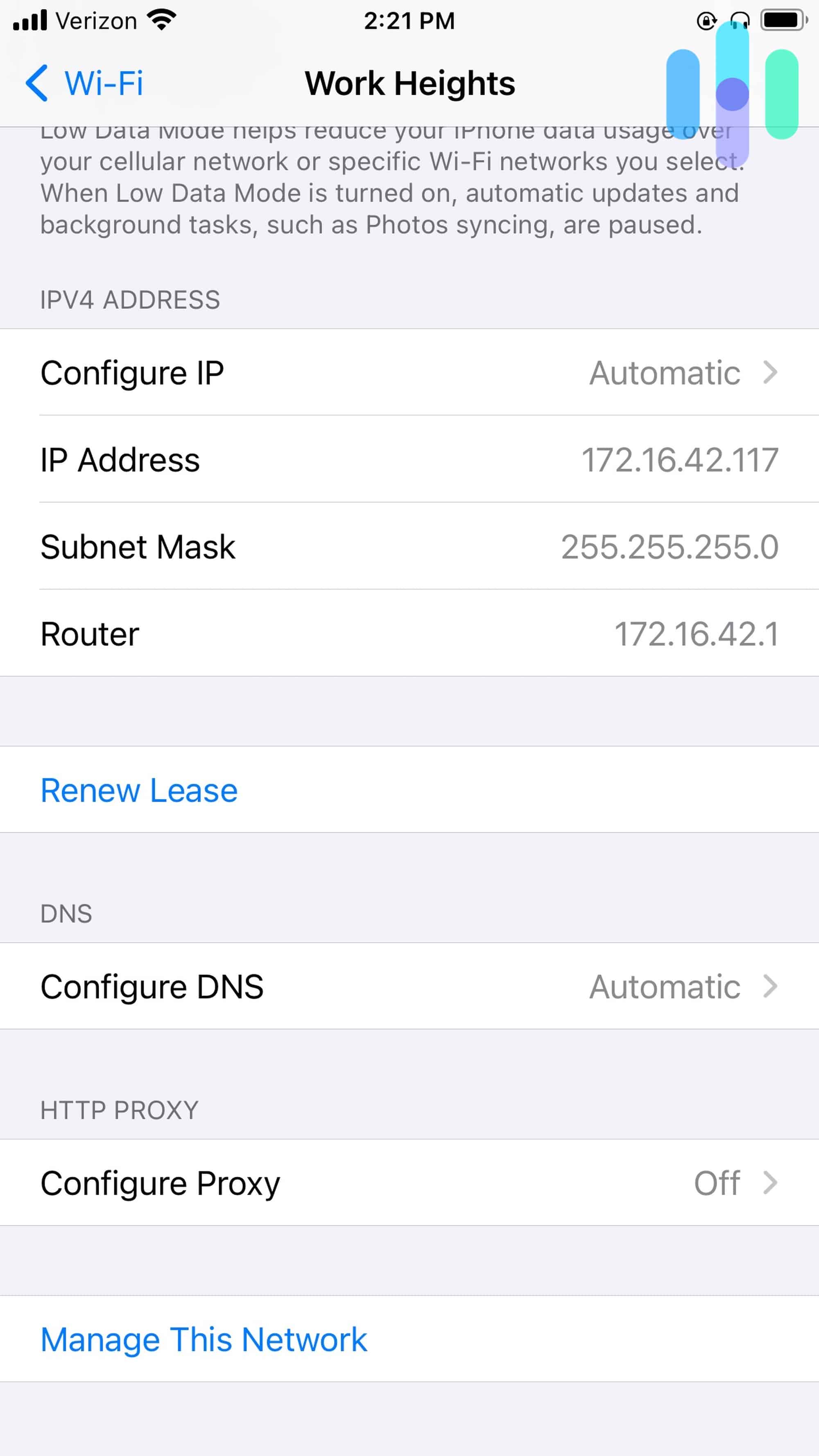
How Do I Change and Protect My IP Address?
There are a few ways to change your IP address. Our favorite way is to use a VPN, but we’ll detail some other methods as well.
In case you don’t already know, VPNs are virtual private networks that not only change your IP address but also encrypt your web traffic. They will replace your current IP address with another one that’s either dynamic or static, depending on the VPN. To set up a VPN:
- Download a VPN app or browser extension to your device.
- Log in.
- Connect to a server.
Another way to hide your IP address is to use Tor as your web browser. It will encrypt your IP address three times along with your web activity. You can download the Tor app from the Tor Project website.
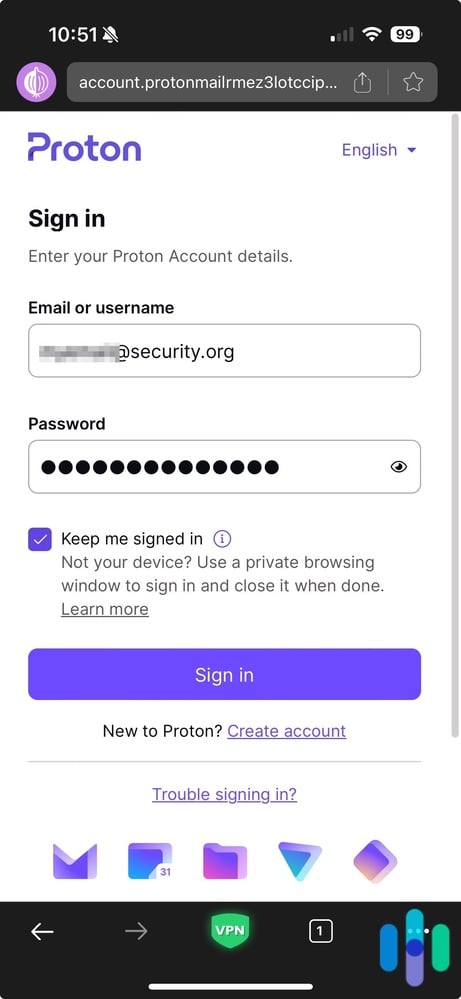
The last option is proxy servers, which hide only your IP address. We recommend VPNs over proxy servers, as proxies only encrypt your IP address, not your web activity. Still, here’s how to get a proxy server across your devices.
On a Mac:
- Open Safari.
- Click Settings.
- Click Advanced.
- Under the Proxies section, click Change Settings.
- Update your settings with the necessary information that was provided to you.
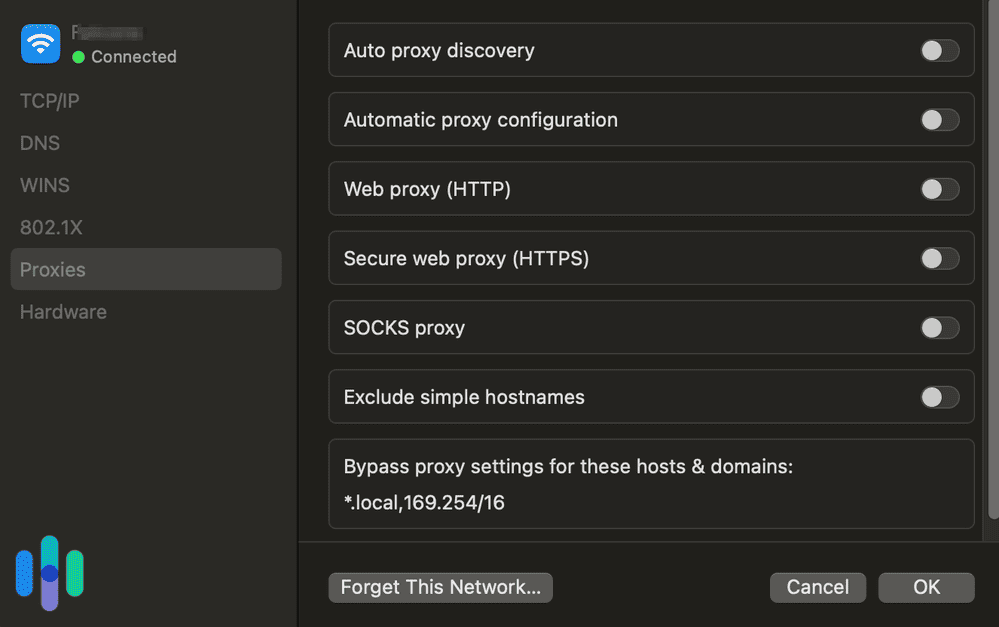
On a PC:
- Open your Settings.
- Click Network & internet.
- Click Proxy.
- Click Set up under the automatic or manual section.
- Enter your proxy information.
- Click Save.
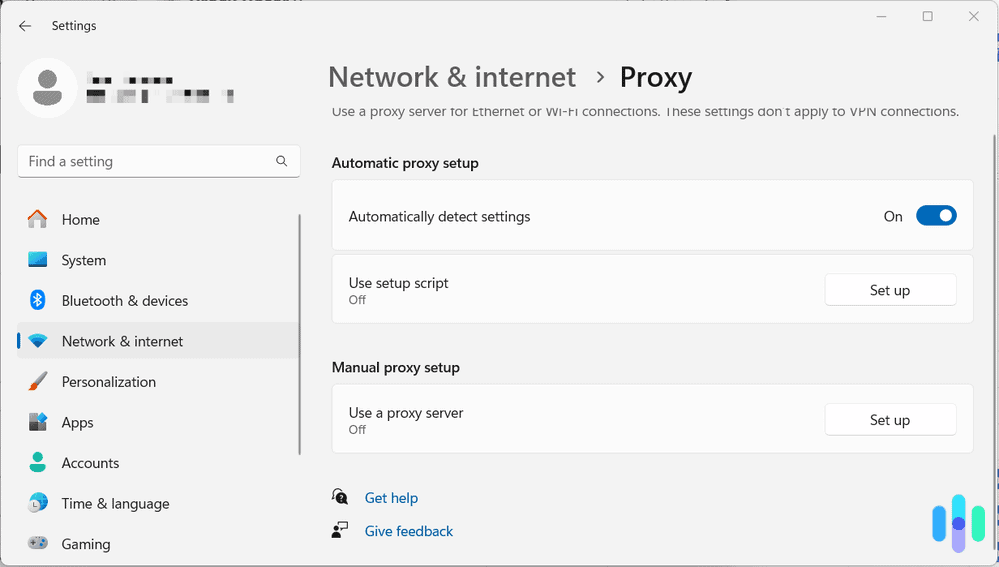
On an iPhone or iPad:
- Open your Settings.
- Click Wi-Fi.
- Select the lowercase i, in the WiFi section.
- Scroll to HTTP Proxy section.
- Click Manual.
- Change the setting from Off to Manual.
- Enter in the Server and Port information needed.
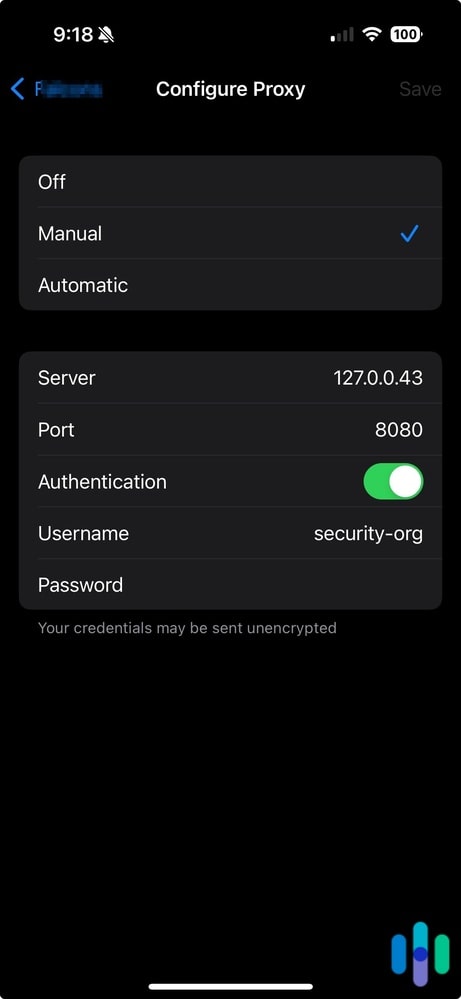
On an Android:
- Tap Settings.
- Tap Connections.
- Tap Wi-Fi.
- Tap Settings next to the network name.
- Tap View More.
- Tap Proxy, then select Manual.
- Enter your proxy port and hostname.
- Click Save.
Proxy Settings on Android
IPv4 vs. IPv6 Addresses
Aside from static vs. dynamic, you may have heard about IPv4 vs. IPv6 addresses. Both are Internet Protocol versions, but most internet providers use IPv4, an address based on 32 binary bits. Unfortunately, IPv4 addresses will run out eventually, and when that time comes, coders will change to IPv6, which isn’t backward compatible with IPv4. Unlike IPv4, IPv6 addresses won’t run out.
» Do You Know: How to find your printers IP address?
Recap
That’s all we have about static and dynamic IP addresses, but to learn more about IP addresses and VPNs in general, visit our VPN how-to hub.
FAQs
We’re not done just yet. Read on for our answers to the most common questions about static and dynamic IP addresses.
-
Is it better to have a static or dynamic IP?
A static IP address is better for businesses, DNS servers, and VoIP protocols, while dynamic IP addresses are better for consumers and anyone who doesn’t want to pay for an IP address.
-
Is a static IP address more secure?
No, dynamic IP addresses are more secure than static IP addresses because it’s harder to track someone online if their IP address keeps changing.
-
What is a dynamic IP address?
A dynamic IP address is one that changes periodically. It is assigned by a Dynamic Host Configuration Protocol server and expires after a certain period.
-
Do I need a static IP address?
If you are a business and need better DNS support or compatibility with VoIP, then you need a static IP address. However, if you are using the internet for personal reasons, you don’t need a static IP address, and dynamic will be better.



